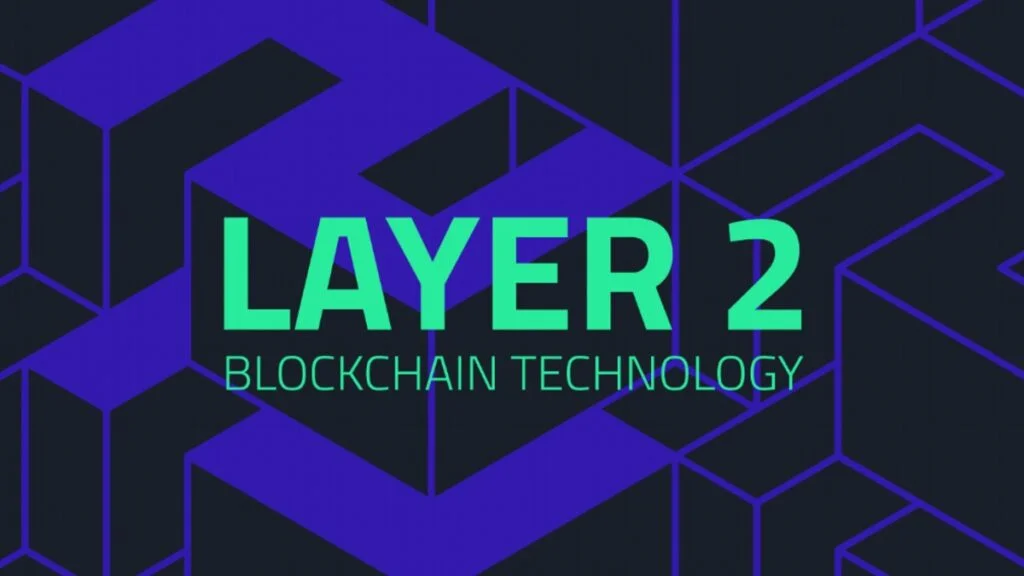The Public Goods Network promises to redirect most net sequencer fees into public goods, instead of providing them to token holders or developers.

On July 7, layer-2 blockchain Public Goods Network launched a testnet, proposing to use “the vast majority of net sequencer fees” on public goods rather than giving it to the network’s development team or token holders.
A “public good” is a good that, according to economic theory, cannot be produced for profit because it is difficult to bar non-payers from consuming it.
The group behind Gitcoin, an initiative to reward open-source projects, also designed the new network. Since the Public Goods Network is being developed using the OP Stack, it can join the envisioned “Superchain” that also includes the Optimism and Base networks.
According to the project’s documentation, Public Goods Network will be an optimistic layer-2 rollup of Ethereum. This kind of network often submits transactions to Ethereum regularly in batches using a for-profit central sequencer.
The Gitcoin team claims that “their new network will reinvest the vast majority” of this profit into public goods initiatives. They contend that this is required to stop venture capital firms and other parties driven by “rent seeking” from appropriating the benefits offered by layer-2s:
“Rather than fill blockspace for other organizations who may be captured by VCs, or other rent seeking motivations, we believe we should fill our own blockspace such that we can reallocate those funds to further the Alliance’s objective of growing and funding public goods.”
Gitcoin claims that the sequencer fees will not go directly to them. Instead, it will go to an “alliance” being formed based on a “newly defined governance model.”
According to a Twitter thread that accompanied the announcement, the network’s long-term objective is to enable projects to be funded directly by sequencing fees, without a middleman, using the EIP-6969 standard.
The existing Public Goods network is linked to the Ethereum Sepolia network through an official bridge, enabling programmers to test their applications using cash from Sepolia’s many faucets.
Gitcoin became well-known by leveraging quadratic funding to offer incentives for open-source initiatives and other public goods. Azeem Khan, the head of impact at Gitcoin, joined the Foresight Ventures advisory board in June.
